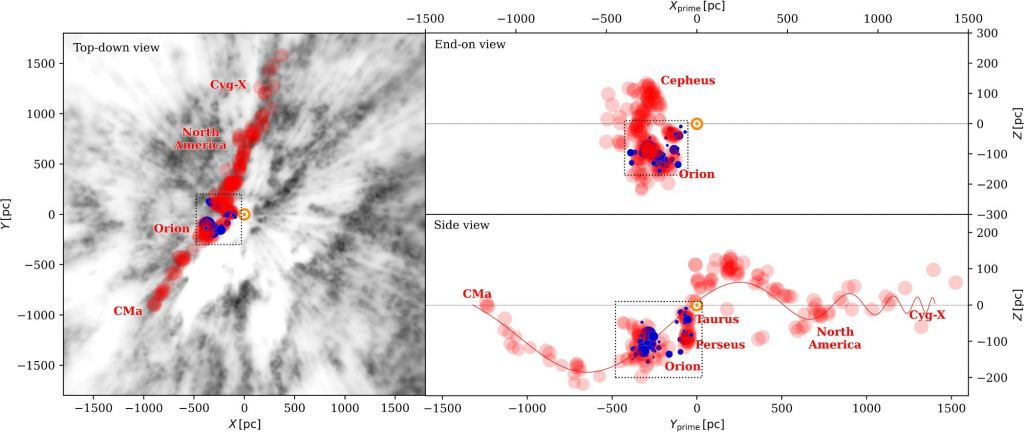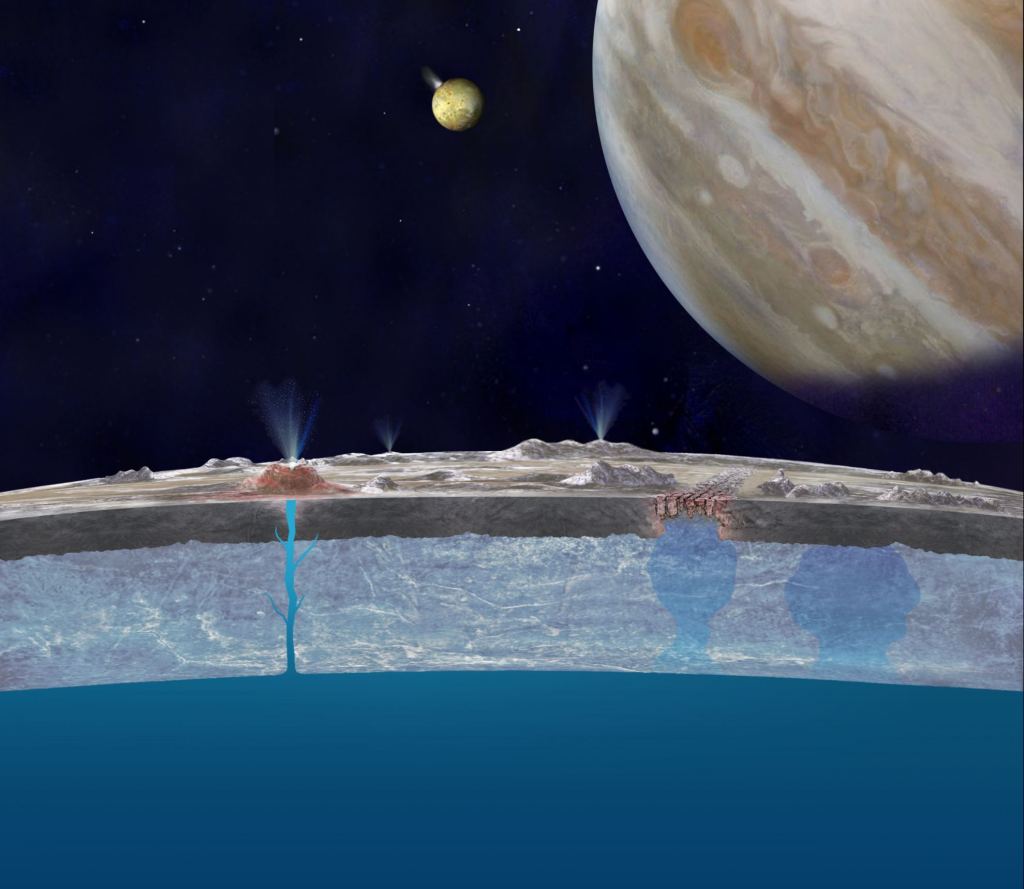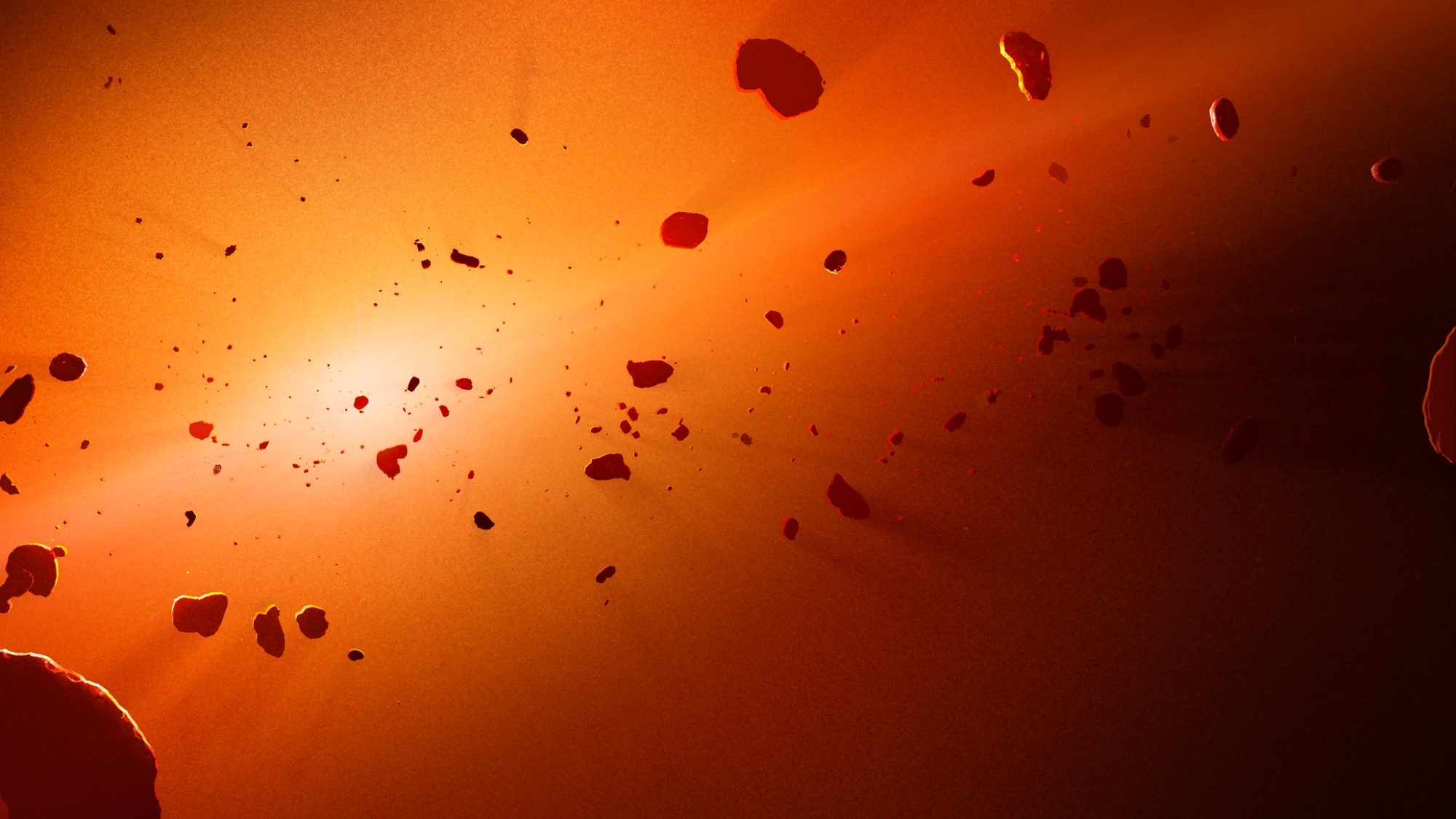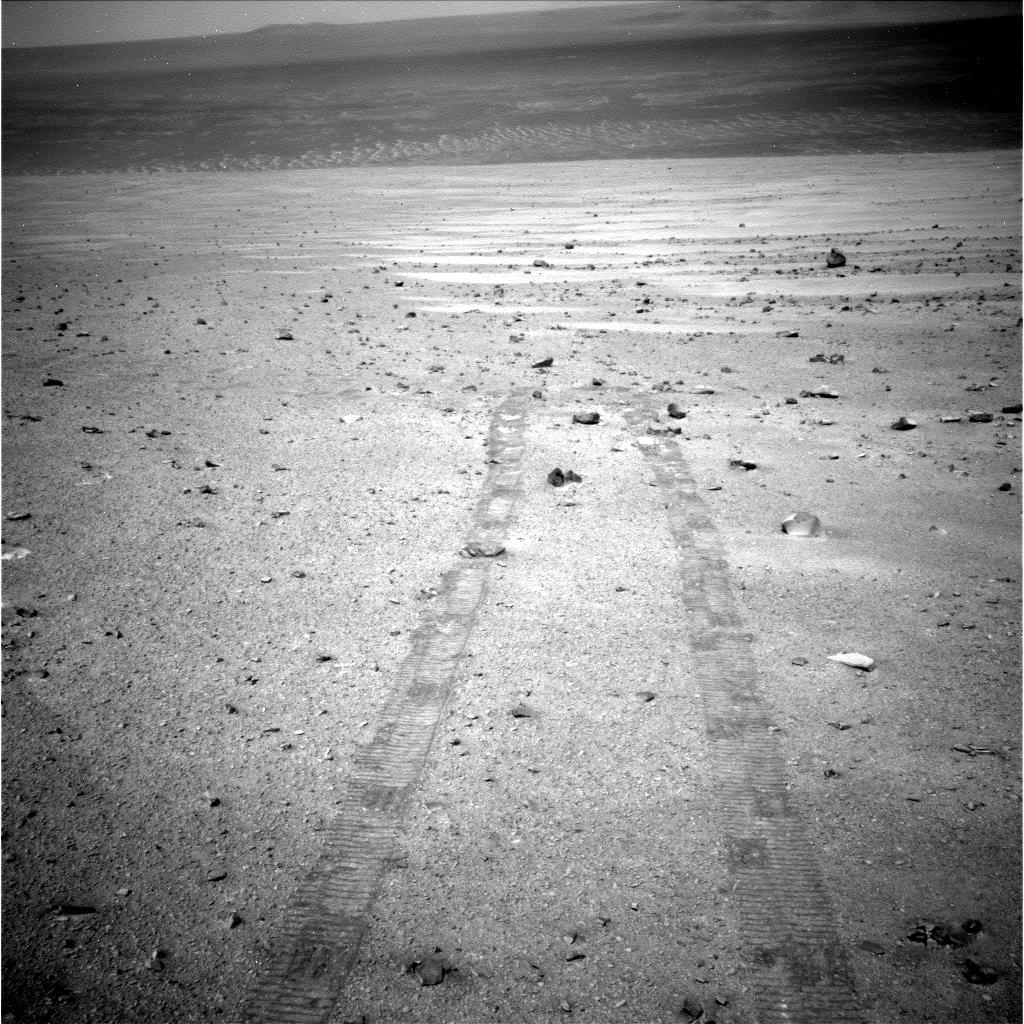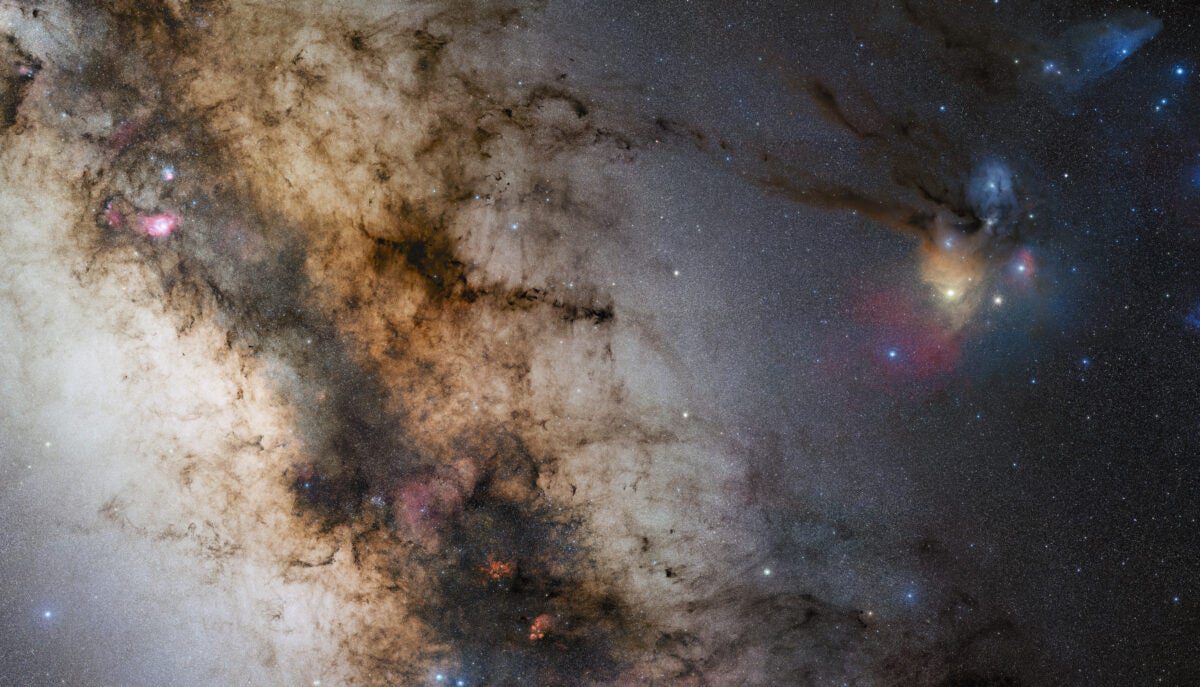The Solar System is Taking a Fascinating Journey Through the Milky Way
Our Solar System is in motion and cruises at about 200 kilometres per second relative to the center of the Milky Way. During its long journey, it has passed through different parts of the galaxy. Research shows that the Solar System passed through the Orion star-forming complex about 14 million years ago. The Orion star-forming … Read more
